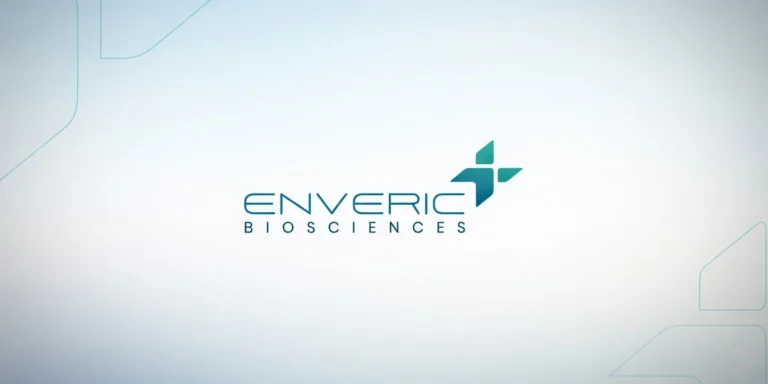
GE HealthCare (Nasdaq: GEHC) has introduced SIGNA MAGNUS, a head-only magnetic resonance (MR) scanner awaiting FDA 510(k) approval. This cutting-edge technology aims to revolutionize neuroscience research, addressing the limitations of conventional whole-body MR systems. Despite significant advancements, neuroscience, particularly in understanding psychiatric diseases and neurological disorders like Alzheimer’s, has been hindered by technological constraints. Currently, only a fraction of the global population with neurological disorders can be diagnosed via MRI, highlighting the urgent need to expand MRI’s neurological clinical applications.
SIGNA MAGNUS represents GE HealthCare’s commitment to pioneering advanced 3.0T MR imaging devices tailored for neurological and oncological research. It promises unparalleled detail and clarity, facilitating comprehensive exploration of brain microstructure, microvasculature, and function. By empowering neuroscientists, neurologists, neuroradiologists, and oncologists, SIGNA MAGNUS aims to enhance the diagnosis, understanding, and treatment of complex diseases.
Kelly Londy, CEO of MR GE HealthCare, emphasizes that SIGNA MAGNUS sets new standards in medical research and future clinical care. This innovation underscores GE HealthCare’s dedication to research and development, pushing the boundaries of MR imaging to potentially revolutionize patient outcomes and advance our understanding of the human brain.
SIGNA MAGNUS boasts superior gradient performance, courtesy of its HyperG gradient technology, featuring 300 mT/m and 750 T/m/s. This enables the detection of finer details previously unattainable. Researchers can leverage its capabilities to explore advanced anatomical, diffusion, and functional techniques, supported by state-of-the-art deep-learning algorithms.
The system’s innovative asymmetric gradient design enables remarkable diffusion performance, allowing for high B-value diffusion with short echo times (TEs), refining our understanding of neural architecture. Moreover, many existing GE HealthCare 3.0T systems can be upgraded to SIGNA MAGNUS, offering potential customers cost-saving opportunities.
In March 2024, the investigational MAGNUS system was successfully installed at Brigham and Women’s Hospital, a renowned research institution. Collaborating with GE HealthCare, the Brigham team aims to conduct research on high-performance neuro MR. According to Carl-Fredrik Westin, PhD, principal investigator of the project, SIGNA MAGNUS opens doors to measuring previously unattainable parameters and asking previously unanswerable questions.
Through fostering innovation and collaboration, GE HealthCare continues to lead in reshaping medical research and healthcare delivery, with the ultimate goal of translating scientific advancements into tangible health benefits for patients globally.
To learn more about SIGNA MAGNUS, visit the International Society for Magnetic Resonance in Medicine (ISMRM) Annual Meeting from May 4-9, 2024, in Singapore, or online at gehealthcare.com.





